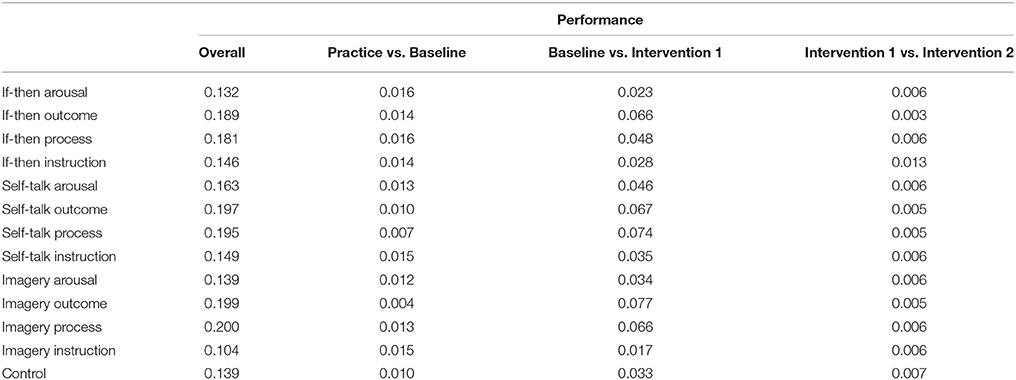Many of us know the power of positive self talk. When it comes to lucid dreaming we are often faced with the challenge of structuring these positive affirmations for maximum effect. I agree with cautions about using simply "I will lucid dream" without a time component, leaving your subconscious to believe that you "will at some point" but not necessarily tonight. I like Percy's idea of using "I will lucid dream tonight…or very soon" to counteract potential doubt if you don't actually become lucid that night. |
|
Results 1 to 9 of 9
Threaded View
-
07-04-2016 01:04 AM #1Dream Guide - DVA Teacher


 Achievements:
Achievements:







- Join Date
- Mar 2013
- LD Count
- 1090+ sncFeb'13
- Gender

- Location
- 'Toto, I've a feeling we're not in Kansas anymore.'
- Posts
- 2,418
- Likes
- 2956
- DJ Entries
- 180
Easiest way to get quickest results? New study of 44,742 participants
Something important for every newbie: http://www.dreamviews.com/general-lu...-read-imo.html
Listen while you work or before bed? http://www.dreamviews.com/dreamviews-podcast/
More great audio: http://www.dreamviews.com/dreamviews-audio/
My lucid dreaming journey: http://www.dreamviews.com/members/fo...boutme#aboutme

Similar Threads
-
Pain Dream Study - In need of participants!
By Graciie in forum ResearchReplies: 0Last Post: 06-26-2014, 06:06 AM -
Dream Characters Study - participants wanted!
By skolax in forum ResearchReplies: 1Last Post: 02-03-2013, 10:12 PM -
Participants Wanted for Mutual Dreaming Study
By Calliope9 in forum ResearchReplies: 2Last Post: 09-19-2011, 04:48 AM -
Which is easiest and quickest
By Tyler Durten in forum Attaining LucidityReplies: 10Last Post: 10-03-2007, 02:20 PM




 23Likes
23Likes
 LinkBack URL
LinkBack URL About LinkBacks
About LinkBacks






 Reply With Quote
Reply With Quote
Bookmarks